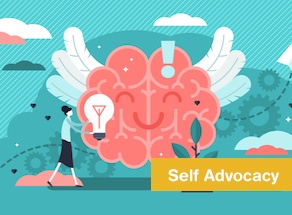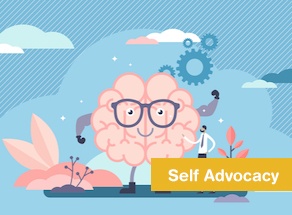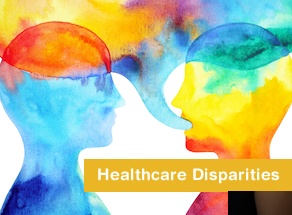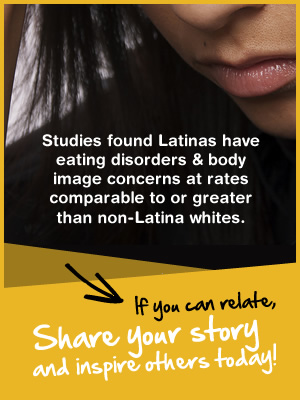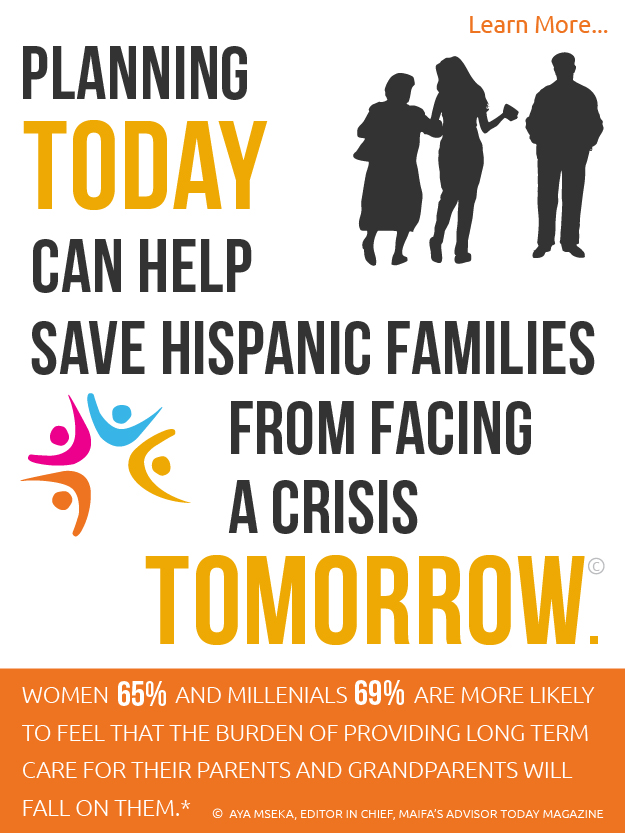Self Advocacy
Mental Illness An Epidemic Among U.S. Latinos: Only 1 In 11 Seek Treatment
20/08/2015 01:00pm | 7033 viewsLack of access to mental health services is one of the most serious health problems in the Hispanic community, according to the American Psychiatric Association (APA).
While Hispanics are affected by mental illness at rates similar to those of the general population, they become a high-risk group once you take into account the massive disparities in seeking services and in following through with treatment.
Self Advocacy
Esperanza y Optimismo: Buscando el Amanecer
29/09/2014 01:05pm | 9057 viewsMuchos confunden la esperanza con el optimismo, sin embargo, son diferentes. El optimismo es un estado de ánimo que provee fortaleza y autoconfianza, que nos inspira a luchar y a tener la seguridad de que podemos lograr lo que nos proponemos. La esperanza, más que un estado de ánimo, es un sentimiento positivo que percibimos los seres humanos cuando tenemos la certeza de que las cosas van a salirnos bien.
Treatment Insights
How Self-Stigma Hurts People With Depression
15/10/2013 10:04pm | 10439 viewsPeople who suffer from mental illness, including depression, bipolar disorder, and schizophrenia, face a litany of challenges: dark moods, an inability to enjoy lifes pleasures, powerful prescription medication, isolation, and social stigma. Making things worse, many also experience the pain of self-stigma, an under-reported condition in which the patient internalizes social myths and prejudices about mental illness. Experts say self-stigma can impede a depressed or mentally ill persons ability to recover.
Treatment Insights
STUDY: Latinos with Disabilities Rely Heavily on Cultural Ties to Avoid Substance Abuse
26/11/2013 11:51pm | 9743 viewsPeople with physical disabilities often turn to alcohol and drugs to cope with their condition, but many disabled Latinos rely heavily on cultural ties with family and friends to help them steer clear of substance abuse, say University of Michigan researchers.
Self Advocacy
Latino Immigrants Helping the Homeless in NYC
13/12/2013 10:50pm | 11985 viewsFor those of us who grew up in New York City in the 1970s and the 1980s, that all too familiar sight of people sleeping on cardboard boxes or in the subway trains has returned.

